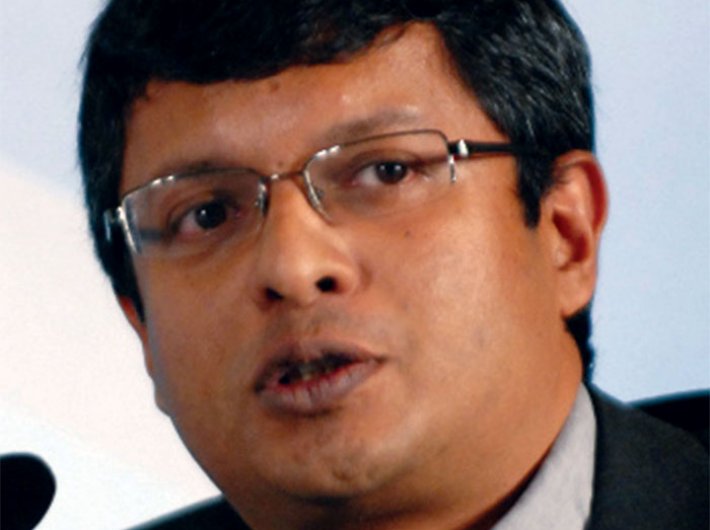Baffled by the supreme court’s ruling on Right to Privacy? Sunil Abraham, executive director, Centre for Internet and Society, decodes the judgment for us
Privacy is now a fundamental right! But are you baffled by the supreme court’s ruling on Right to Privacy? Centre for Internet and Society’s executive director Sunil Abraham decodes the judgment for us.
What does the SC judgment on privacy mean for the common man?
Citizens can approach any court if the state or a private corporation is infringing on their privacy, as it is now a fundamental right. As and when the government brings a data protection or privacy law it will provide for setting up an administrative system to address people’s concerns.
What does it mean for the proposed law on ‘right to privacy’?
The government has recently appointed a committee headed by justice BN Srikrishna, a former judge of the supreme court, to make a draft data protection law. With the SC’s August 24 ruling, the privacy law will have a better standard of safeguards. The protection will be higher.
What was the recourse available until now?
The section 43A of the IT Act, 2000, said that only if an act “causes wrongful loss or wrongful gain to any person such body corporate shall be liable to pay damages by way of compensation, not exceeding five crore rupees, to the person so affected”. An act of breaking in to the email may not necessarily be considered illegal. Moreover, this section applies only in cases where the data controller is a body corporate or any person located in India. It doesn’t cover the government.
How will the situation change now?
Now the mere act of breaking into personal email will be illegal and a punishable, as the proposed data protection/privacy law will define it.
What is the government’s position after the verdict?
After fighting hard in the court that privacy is not a fundamental right, post-verdict the government has welcomed the apex court’s judgment and blamed the Congress party for ‘chequered history’ on the issue of personal liberty.
What does it mean for Digital India?
Since the proposed data protection/privacy law will be formulated on the basis of the privacy judgment, the government apps and those related to banking and payments are expected to come up with privacy safeguards. Beside section 43A of the IT Act, which covers body corporate and an individual, the judgment now empowers people to file a case against and seek compensation from the government.
What does it mean for Aadhaar?
The decision on privacy doesn’t nullify the Aadhaar law or the work it has done so far. The Aadhaar related matter is already being heard by a five-judge bench of the SC. Under the Aadhaar Act, 2016, people can only approach the court through the Unique Identification Authority of India (UIDAI). They can’t go straight to the court on their own or file an FIR in a police station in case of violation of their privacy. With SC’s privacy judgment, however, people can approach the court directly and they won’t have to go through the UIDAI. If one feels that some part of the project [Aadhaar] is an infringement, one can approach the court directly.
What does it mean for direct benefit transfer (DBT)?
The DBT status will continue to be the same unless the Aadhaar-related hearing at the SC is completed.
What does it mean for private corporations like Facebook and Google, which are often accused of having lower standards related to privacy?
Going by the apex court’s order, the threat to privacy not only comes from the government but also from private corporations. Now with the judgment the corporations are expected to proactively better privacy safeguards. Now if people find activities of the internet platforms unlawful they may file law suits against them.
(The interview appears in the September 1-15 issue)

